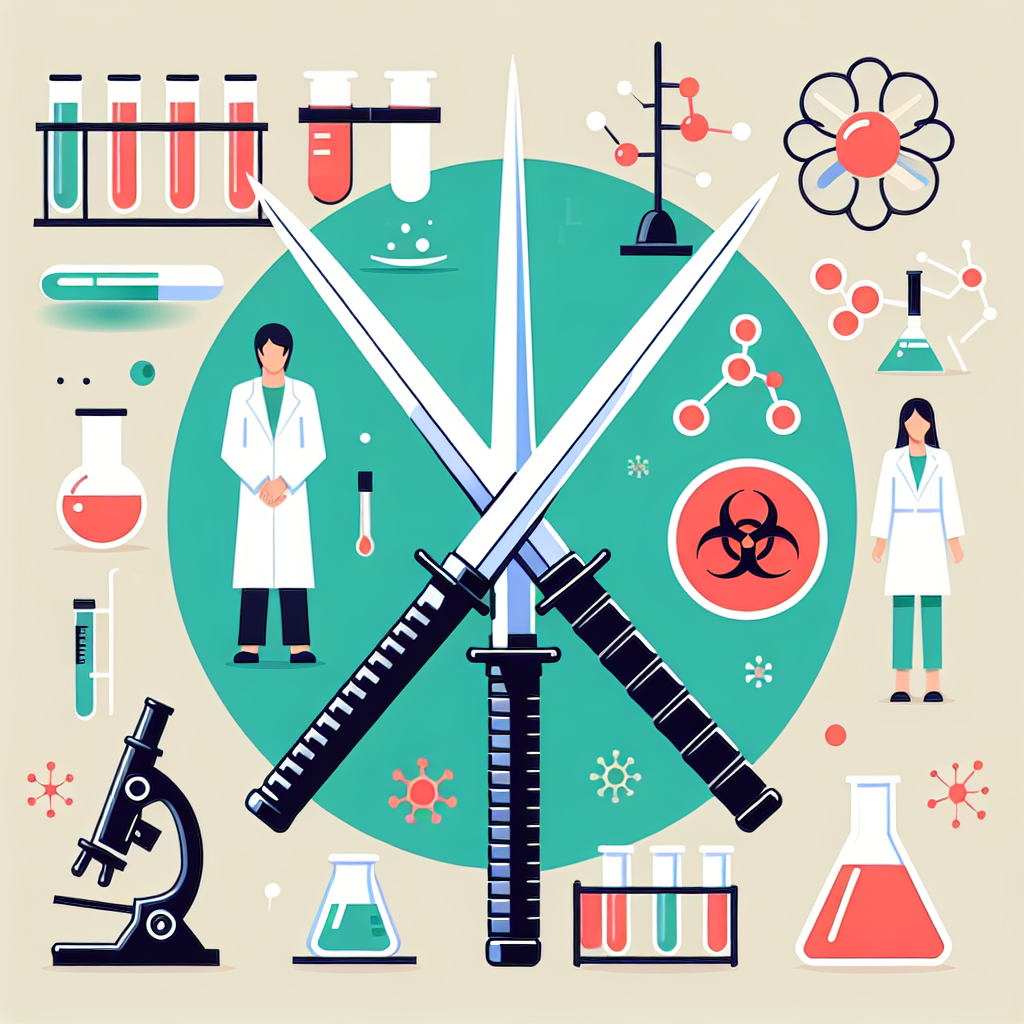Science Advances Amid Climate and Cosmic Challenges
Recent science news covers the uncertainty of climate change's impact on storms, progress in mapping human cells, new findings on dark energy, and SpaceX's Starship launch. Scientists are exploring climate effects on storms, creating a human cell atlas, validating Einstein's theories, and advancing space exploration technology.

The intersection of climate change and global weather phenomena is increasingly raising scientific debate. Notably, the simultaneous emergence of multiple typhoons in the West Pacific and hurricanes in the Atlantic has scientists questioning if climate change is influencing storm frequency. As the world discusses climate financing at COP29 in Azerbaijan, the Philippines endured a severe typhoon spell while the U.S. faced comparable hurricane aftershocks.
In pivotal medical science developments, researchers announced significant progress in creating a human cell atlas. Unveiling a new blueprint for human skeletal development, this global Human Cell Atlas initiative is set to revolutionize understanding of human health by mapping the 37 trillion cells in the human body for improved disease diagnosis and treatment strategies.
Meanwhile, dark energy studies reaffirmed Einstein's theory of general relativity, as researchers across an international collaboration revealed insights into the cosmos' growth over 11 billion years. These findings, based on data from the Dark Energy Spectroscopic Instrument in Arizona, fortify prevailing understandings of dark energy's role in the universe's expansion.
In aerospace, SpaceX's successful launch of its sixth Starship test from Texas marked a significant stride in space exploration ambitions, despite a booster landing mishap. The launch, observed by President-elect Donald Trump, underscores SpaceX's objectives of lunar landings and Mars expeditions with their 400-foot-tall rocket innovation.
(With inputs from agencies.)










